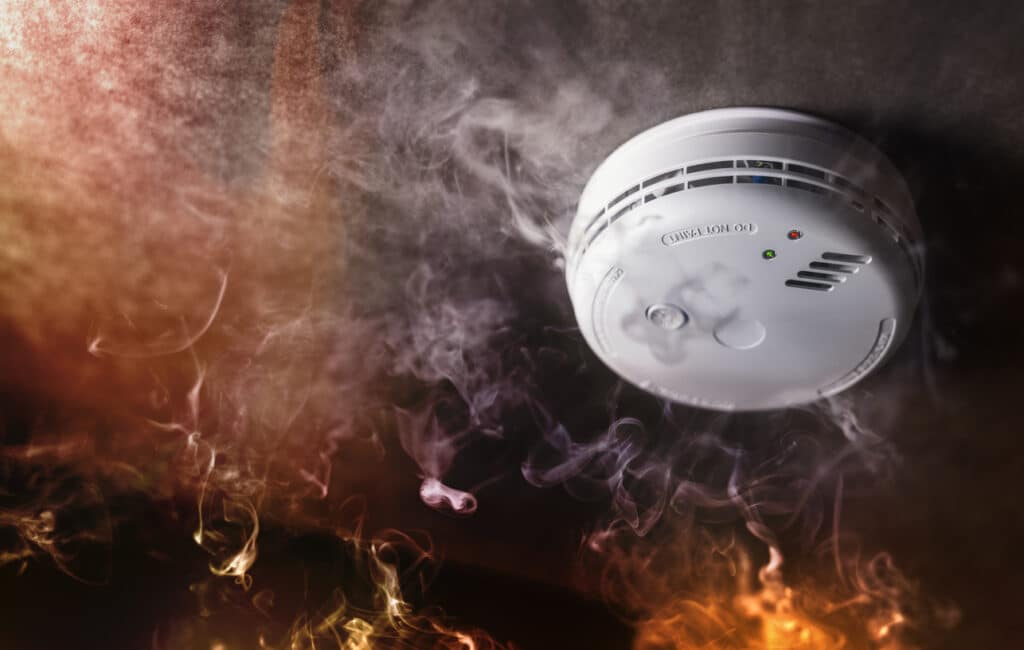Hearing loss affects approximately 20% of the global population, posing unique challenges when it comes to safety, information delivery and awareness of one’s surroundings. From daily sounds like doorbells to critical alerts like fire alarms, people with hearing loss rely on alternative methods to stay informed and secure.
Alerting You With Light

Visual alarms provide a dependable means of signaling important information through flashing lights, ensuring that people with hearing loss receive essential alerts even in noisy environments or when hearing aids are unavailable. Whether it’s a flashing smoke alarm or a strobe light doorbell signaler, visual alarms play a vital role in enhancing safety and peace of mind.
Alerting You With Touch
Tactile alarms offer another layer of safety by using vibrations or shaking mechanisms to alert people with hearing loss. From vibrating cell phones signaling a new text to shaking alarm clocks, these devices provide tactile feedback that you can feel, ensuring that alarms are not missed during sleep, busy dinners at Texas Tradition and more.
The Importance of Alternative Alarms
While hearing aids are indispensable for improving communication by amplifying speech sounds and suppressing irrelevant background noise, alternative alarms serve as crucial supplements, filling the gaps when hearing aids are inaccessible, such as when sleeping, showering or swimming. By investing in visual and tactile alarm systems, people with hearing loss can bolster their safety and informational nets and navigate their daily lives with confidence and independence.
How To Choose the Right Alarm
Choosing the right alternative alarm depends on your preferences. For some, visual alarms may feel a little intrusive. In those cases, they may opt for tactile systems instead. For others, vibrating alarms may not seem as attention-grabbing, leading to a desire for flashing lights. Weigh your preferences and lifestyle against the options to find the right devices, whether tactile, visual or a combination of the two.
If you or a loved one are seeking solutions to improve safety and communication, contact Today’s Hearing today to discuss your hearing loss treatment and management options.